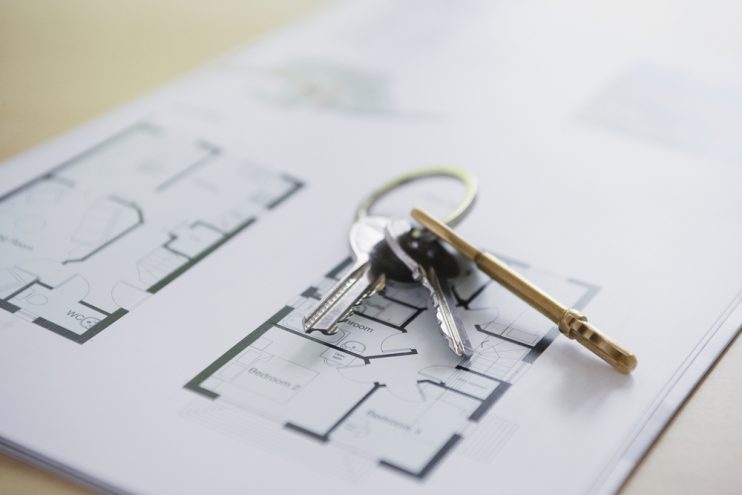In 2017 a new allowance was introduced to provide simplicity for those who receive small amounts of self-employed/miscellaneous income or property income. It is called the Trading and Property Allowance (TAPA) and it can be very useful when you have either earned small amounts of trading or rental income, or when your expenses amount to under £1,000.
Less than £1,000 of gross income?
If you receive £1,000 or less of either gross trading income or gross property income, you do not need to declare this on your annual tax return. This is called ‘full relief’ and means that you can earn up to this amount without paying any tax on it.
Whilst you do not need to tell HMRC about this income, you do need to retain records of all such income received. If your only income is from trading or property, and this is less than £1,000 in the tax year, you will not be required to register for Self-Assessment.
Note that gross income may be different to the income you receive. Gross income is the income you have earned before the deduction of any expenses such as commission, selling or transaction fees. Therefore, if a website charges a 10% fee to sell your goods and you receive £900 from them, your gross income would be £1,000 and your expenses would be £100.
More than £1,000 of gross income?
If you receive more than £1,000 you can use the tax-free allowance, instead of deducting actual expenses. This will be advantageous if your actual expenses are lower than £1,000 and means you don’t need to keep track of lots of different costs.
There is no requirement to keep expense receipts, although you may wish to do so for your own purposes. This is called partial relief and you can claim it by completing the relevant box on your tax return.
The Trading allowance applies to all trades carried out during the tax year. Therefore, if you are operating several different businesses, you would only be able to use one amount of £1,000 and you would not be able to claim expenses from any of your businesses.
Similarly, if you earn income from two or more properties, you can only claim one property allowance and cannot then claim actual expenses in respect of any of the properties. Actual expenses include use of home and mileage.
If you own a property jointly with others, you can each claim the £1,000 allowance against your share of the gross rental income.
Note that there are some exclusions, and the allowance cannot be claimed if the trade or property income is from:
- a company you or someone connected to you owns or controls
- a partnership where you or someone connected to you are partners
- your employer or the employer of your spouse or civil partner
To summarise, if trading or property expenses from all your businesses or properties add up to less than the £1,000 then it will be tax efficient to claim the allowance instead of your expenses.
Made a loss?
If your actual expenses are greater than your income (you have made a loss), it may be beneficial to complete a Self- Assessment tax return and make a claim for the loss rather than use the allowance. This loss can be set against other income you have in the year. If you opt to use the allowance, and this creates a loss, this cannot be used to offset against other income.
Student loan?
Your student loan repayments will be based on the amount after the trading allowance has been deducted.
For help with your self-assessment tax return please contact Competex at Info@competex.co.uk or on 01737 234567

